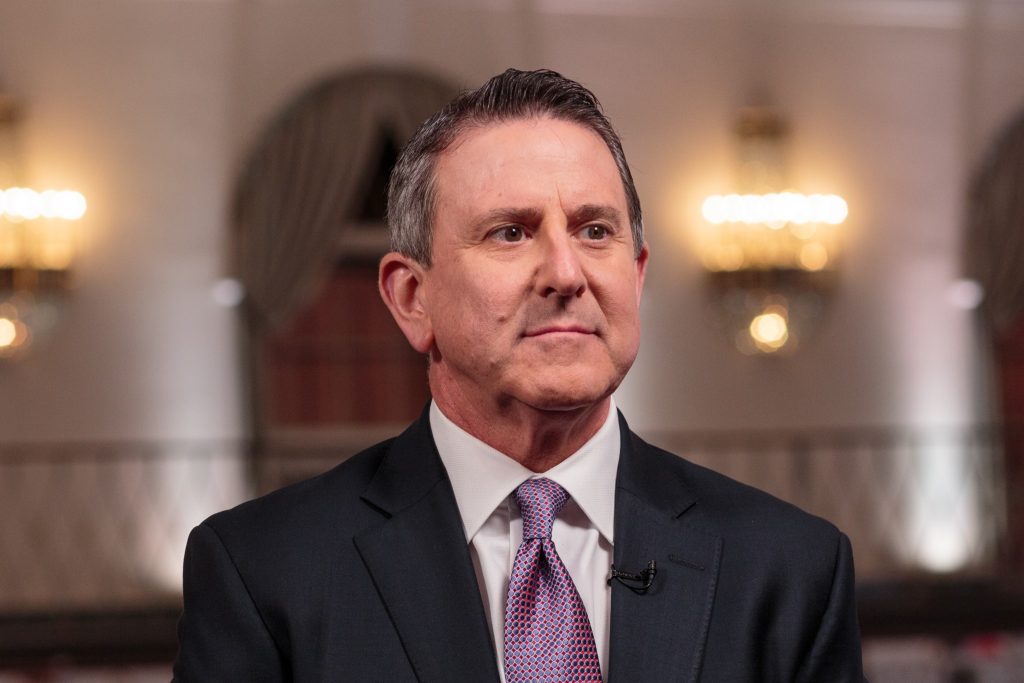When Brian Cornell took over as Target’s CEO in 2014, the retailer was reeling from a data breach, a failed Canadian expansion, and wavering investor confidence. Over the next decade, he restored stability and positioned the brand as a steady, if not spectacular, performer. Now, as Cornell’s extended tenure nears its conclusion—he agreed to a three-year extension in 2022 that is expected to end in late 2025—the question in Minneapolis and on Wall Street is who will take the reins.
The clearest heir apparent is Michael Fiddelke, Target’s chief operating officer. Over more than two decades, Fiddelke has touched nearly every corner of the business—finance, HR, merchandising, and store operations—before rising to CFO and then COO. In 2023, he was tapped to lead the company’s new enterprise acceleration office, a cross-functional initiative to streamline operations and drive growth. Many insiders viewed that appointment as less a reorganization than a trial run for the corner office. His breadth of experience, coupled with Cornell’s public praise of his versatility and institutional knowledge, makes him the strongest candidate.
Other names have circulated, including Christina Hennington, the former chief strategy and growth officer, but her departure earlier this year cleared the path for Fiddelke. While Target’s leadership bench is deep, few executives possess his cross-functional depth or appear to be groomed directly for succession.
Still, the board may weigh more than continuity. With sales sluggish and competition intensifying from Walmart, Amazon, and dollar stores, some argue that Target could look outside for a leader who can shake up the formula. An external hire could accelerate bold moves in e-commerce, experiential retail, or even adjacency plays in healthcare.
That sets up a clear fork in the road. Continuity with Fiddelke would provide stability, cultural cohesion, and predictability—traits valued by investors in a mature retail brand. But critics may question whether an insider can push the company beyond its comfort zone. Disruption with an external CEO would offer fresh thinking but risk cultural friction and the loss of institutional memory at a delicate moment for the retailer.
For Cornell, who has been Target’s public face for more than a decade, the decision is as much about legacy as strategy. His successor will determine whether Target doubles down on the playbook he crafted or rewrites it altogether.
Ruth Umoh
ruth.umoh@fortune.com
This story was originally featured on Fortune.com







